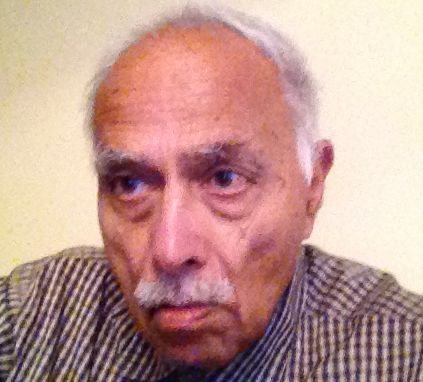
Dr. Anand - an unholy person born in 1932 in the holy town of Nankana Sahib, central Punjab. A lawyer father, a doctor mother. Peripatetic childhood - almost gypsy style. Many schools. Many friends, ranging from a cobbler's son (poorly shod as the proverb goes) to a judge's son. MB From Glancy (now Government) Medical College Amritsar, 1958. Comet 4 to Heathrow, 1960.
Long retired. Widower. A son and a daughter, their spouses, five grandchildren, two hens (impartially, one black, one white) keeping an eye on me as I stand still and the world goes by.
In Campbellpore, now vanished from the maps! (Ed. Renamed as Attock by Pakistan).
In 1942, my mother, tired of seeing my father's difficult journey from Lahore, where he worked as a lawyer, to Muktsar, where she was posted as a doctor, requested the Government to transfer her to a nearer 'station' (the term then used in government service for postings).
However, the Inspector General of Hospitals, Punjab, decided to send her to Campbellpore - more than 400 kilometres from Lahore. The rationale was that instead of two or three changes of train from Lahore to Muktsar, my father could travel straight from Lahore to Campbellpore by Frontier Mail. A ten-hour journey. Then, a tonga ride to our hospital house.